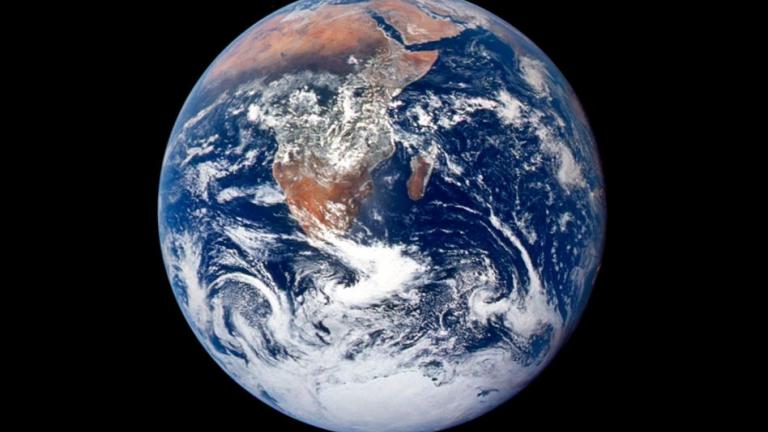
If humanity can take the right lessons from the Covid-19 pandemic, we will be better equipped to galvanize action on climate change, MIT President L. Rafael Reif writes in an op-ed published today in The Boston Globe.
Marking the 50th anniversary of Earth Day, the article notes that despite decades of research and increasingly dire warnings, societies still aren’t prepared to respond robustly to climate change. They were likewise unprepared during the early stages of the Covid-19 outbreak, but several insights have emerged since then.
“The first lesson is that our deepest well of practical hope is in science and the people who practice it,” Reif writes, citing health care workers, public health experts, and the engineers and scientists working on solutions for protective equipment, ventilators, testing, contact tracing, therapeutic drugs, and possible vaccines for Covid-19.
“Similarly, in the fight to slow and adapt to climate change, I believe we must actively build on this implicit respect for the power of science,” he adds. “Science is also our best warning system — if we can force ourselves to listen.”
Addressing the challenges of climate change will require major technological advancement and shifts in collective human behavior. Responses to the current pandemic indicate that societies are up to the task, Reif writes: “Every emergency reveals that “impossible” things are actually doable. In this case, our society just demonstrated that it can choose to change more and faster than we ever imagined.”
In addition to taking action together, people can also use this moment to look forward and seek ways to make society more equitable and resilient. This is a time to “reassess business as usual in every dimension, including those that drive climate change,” according to Reif.
The final lesson is about leadership, he writes. Just as governors, mayors, and others across the country have demonstrated the importance of coordinating the actions of individuals, institutions, and industries, and of cities, states and regions, “curing the climate change crisis will demand a Covid-style combination of ambitious new policies and rapid advances in technology — coordinated through farsighted, humane, science-centered national leadership, in concert with other countries around the globe.”





